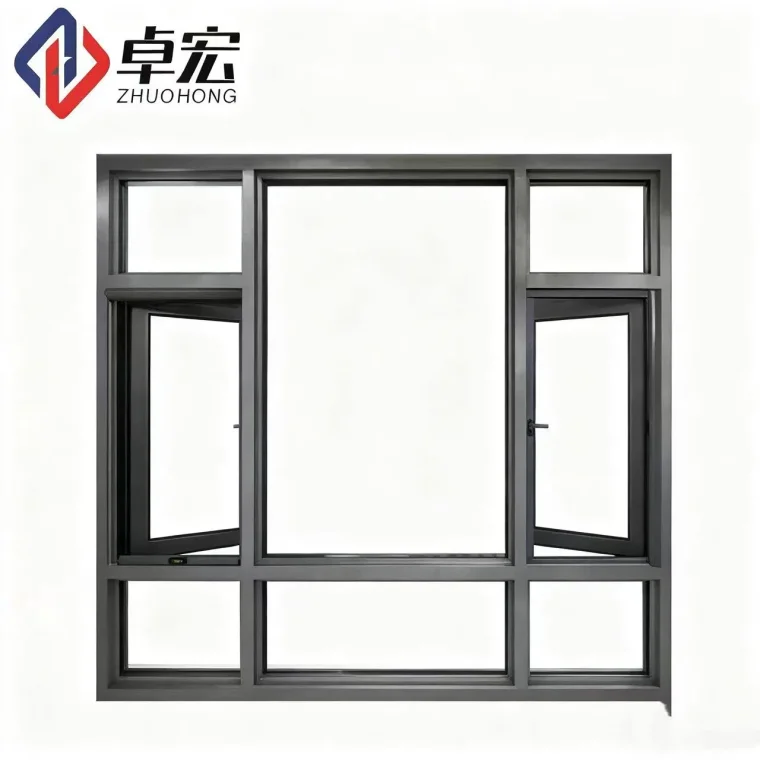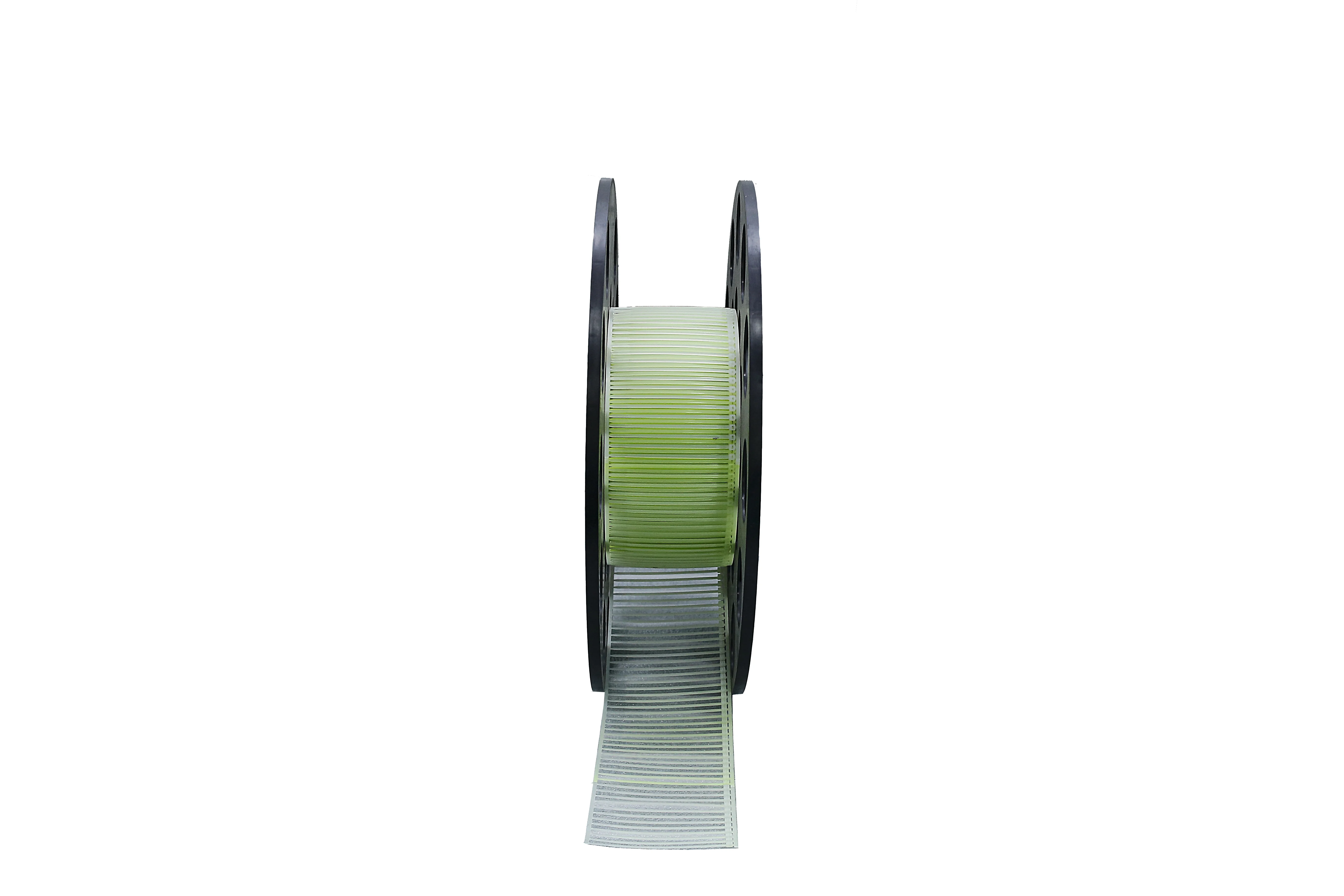In the world of gemstones, sapphires have long been revered for their beauty, durability, and rarity. Traditionally, natural sapphires have commanded high prices, making them a symbol of luxury and status. However, with the advent of technology, synthetic sapphires have emerged as a viable alternative, raising the question: Are synthetic sapphires worth anything? This article delves into the intricacies of synthetic sapphires, exploring their value, market perception, and investment potential.
Understanding Synthetic Sapphires
Synthetic sapphires are lab-created gemstones that possess the same chemical, physical, and optical properties as their natural counterparts. They are produced using methods such as the Verneuil process or the Czochralski process, which replicate the conditions under which natural sapphires form. While synthetic sapphires are often indistinguishable from natural ones to the naked eye, their origins and production methods significantly influence their market value.
The Market Dynamics of Synthetic Sapphires
- Cost-Effectiveness: One of the most compelling advantages of synthetic sapphires is their affordability. Typically, they are priced significantly lower than natural sapphires—often by 30% to 50%. This price difference makes them an attractive option for consumers who desire the aesthetic appeal of sapphires without the hefty price tag.
- Quality Control: Synthetic sapphires can be produced with fewer inclusions and defects compared to natural stones. This consistency in quality can make them more desirable for certain applications, such as in jewelry or industrial uses. The ability to create larger, flawless stones also enhances their appeal.
- Sustainability and Ethical Considerations: As consumers become increasingly aware of ethical sourcing, synthetic sapphires present a sustainable alternative. They are free from the ethical concerns often associated with natural gemstones, such as conflict mining and environmental degradation. This ethical advantage can enhance their market value among conscientious consumers.
Are Synthetic Sapphires Worth Anything?
The worth of synthetic sapphires can be assessed from multiple perspectives:
- Jewelry Market: In the jewelry market, synthetic sapphires are gaining traction. They are often marketed as lab-created or man-made, appealing to a demographic that values both aesthetics and ethical considerations. While they may not hold the same resale value as natural sapphires, their initial purchase price and appeal can make them a worthwhile investment for consumers seeking beauty without the premium.
- Investment Potential: Unlike natural sapphires, which can appreciate over time, synthetic sapphires are unlikely to see significant increases in value. Their mass production and lower price point mean that they are not typically viewed as investment-grade stones. However, they can still serve as a practical investment for those looking to enjoy the beauty of sapphires without the long-term financial commitment.
- Market Perception: The perception of synthetic sapphires varies among consumers and collectors. While some view them as a legitimate alternative to natural stones, others may regard them as inferior. This perception can influence their market value, with some buyers willing to pay a premium for synthetic sapphires that are marketed effectively.
Conclusion: The Verdict on Synthetic Sapphires
In conclusion, synthetic sapphires do hold value, but their worth is context-dependent. For consumers seeking affordable, high-quality gemstones with ethical sourcing, synthetic sapphires are an excellent choice. However, for those looking to invest in gemstones with the potential for appreciation, natural sapphires remain the more traditional option. As the market for synthetic gemstones continues to evolve, it is essential for consumers to educate themselves about the differences and make informed decisions based on their personal values and financial goals.


